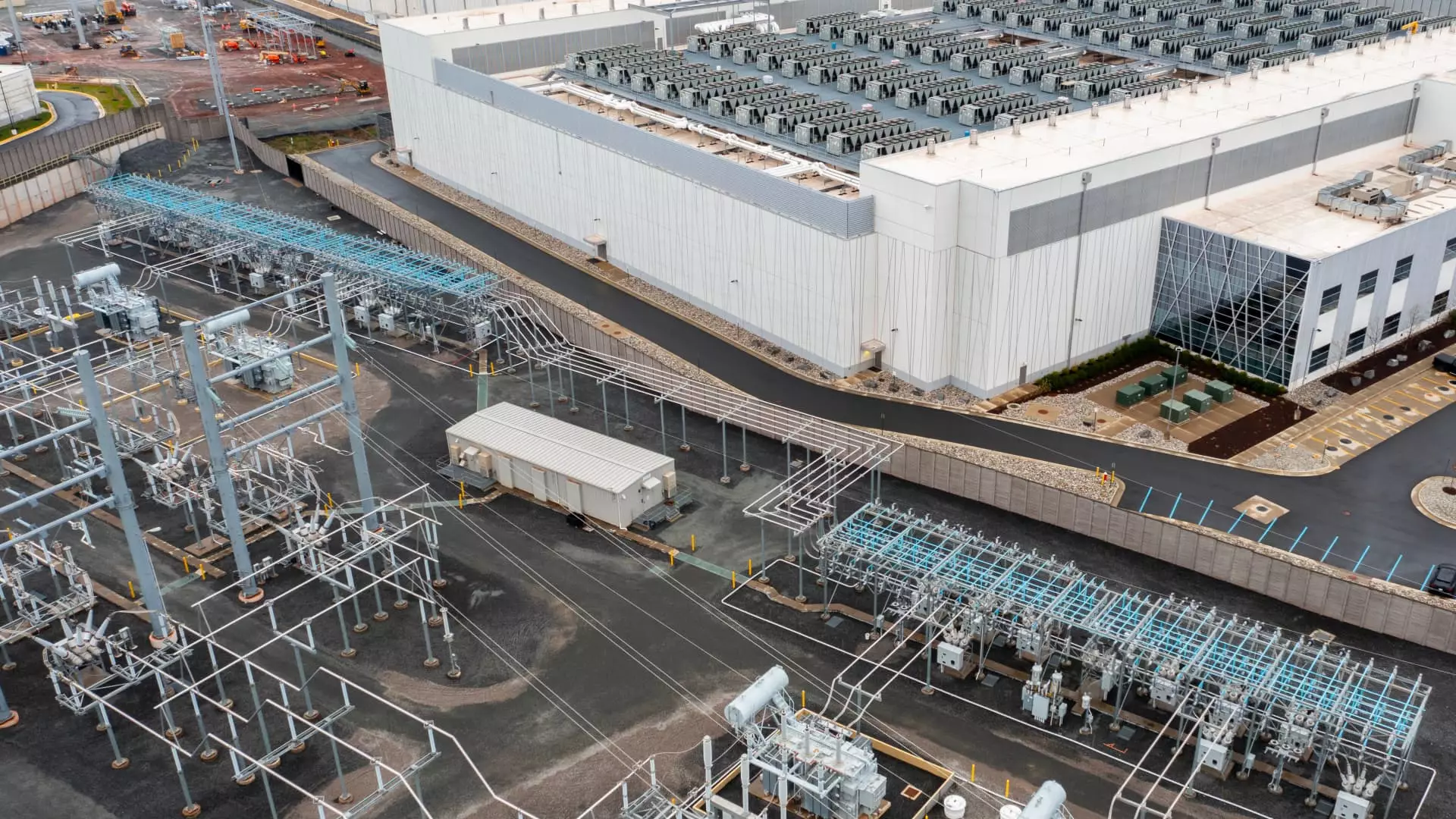In the ongoing pursuit of sustainable energy sources to meet escalating power demands, the technology sector’s interest in nuclear energy has gained momentum. However, recent developments have illuminated the complexities involved in this transition. A significant setback arose when the Federal Energy Regulatory Commission (FERC) denied a request to expand power supply capabilities from the Susquehanna nuclear plant to an Amazon data center in Pennsylvania. This denial appears to not only affect Amazon’s operations but also highlights broader implications for both the energy market and the technology industry, particularly in the context of artificial intelligence (AI).
An Unprecedented Deal and Its Fallout
The agreement between Talen Energy and Amazon was notable for its ambition. The partnership, which involved the sale of a data center for $650 million, aimed to supply the facility with electricity directly from a nuclear plant—a pioneering initiative within the industry. The request sought to increase the power dispatched from 300 megawatts to 480 megawatts, a move that could reshape the dialogue surrounding energy reliability and consumer costs. However, FERC’s refusal to approve this expansion signifies a critical barrier to what could have been a transformative model for energy supply in the technologically driven market.
Talen’s immediate response to FERC’s decision was marked by a sharp decline in their stock, indicative of investor sentiment surrounding the future viability of similar agreements. The broader response from the energy sector was also pronounced, as companies like Constellation Energy and Vistra Corp. saw significant drops in their stock prices in the wake of the announcement. These reactions reflect the interconnected nature of energy companies and their potential engagements with tech giants, suggesting that hope for further deals may be dwindling.
FERC Commissioner Mark Christie offered a nuanced perspective, suggesting that the rejected arrangement could have substantial consequences for grid reliability and consumer costs. His remarks echoed a concern that regulatory hurdles might stifle innovative proposals aimed at enhancing energy supply, especially amidst a burgeoning need for more electricity driven by AI applications and cloud computing demands.
Talen Energy’s assertion that FERC’s ruling would hinder economic development in key states is a sentiment echoed by others within the industry. As energy requirements surge, particularly for tasks that involve intensive computational power, there’s a pressing need to find efficient and sustainable solutions. The friction between regulators and energy developers could culminate in a detrimental environment for investments in crucial infrastructure.
Despite this setback, the conversation around nuclear energy remains essential, especially given its low carbon footprint and reliability as an energy resource. With advances in technology, the nuclear sector could potentially provide the solutions necessary to meet rising demands. However, the regulatory environment must evolve to facilitate such partnerships if they are to take root.
Moreover, the interest shown by companies like Constellation Energy and Vistra Corp. in forging similar agreements indicates an industry-wide acknowledgment of the potential benefits that partnerships with tech companies could yield. Both firms had positioned themselves as strong performers in the stock market this year, indicating positive investor sentiment regarding their future energy projects. This, however, hinges significantly on the regulatory landscape and its receptiveness to innovative energy solutions.
The intersection of nuclear energy and the tech industry presents a complex but vital arena for future exploration. As the demand for electricity skyrockets in an AI-driven world, regulatory agencies must strike a balance between safety, reliability, and innovation. The recent denial by FERC showcases the challenges that must be navigated to encourage sustainable energy practices that align with market needs. Moving forward, it is crucial for both tech and energy sectors to collaborate with regulators to create an adaptable framework that fosters growth and meets the energy demands of a modern, technology-dependent society.

